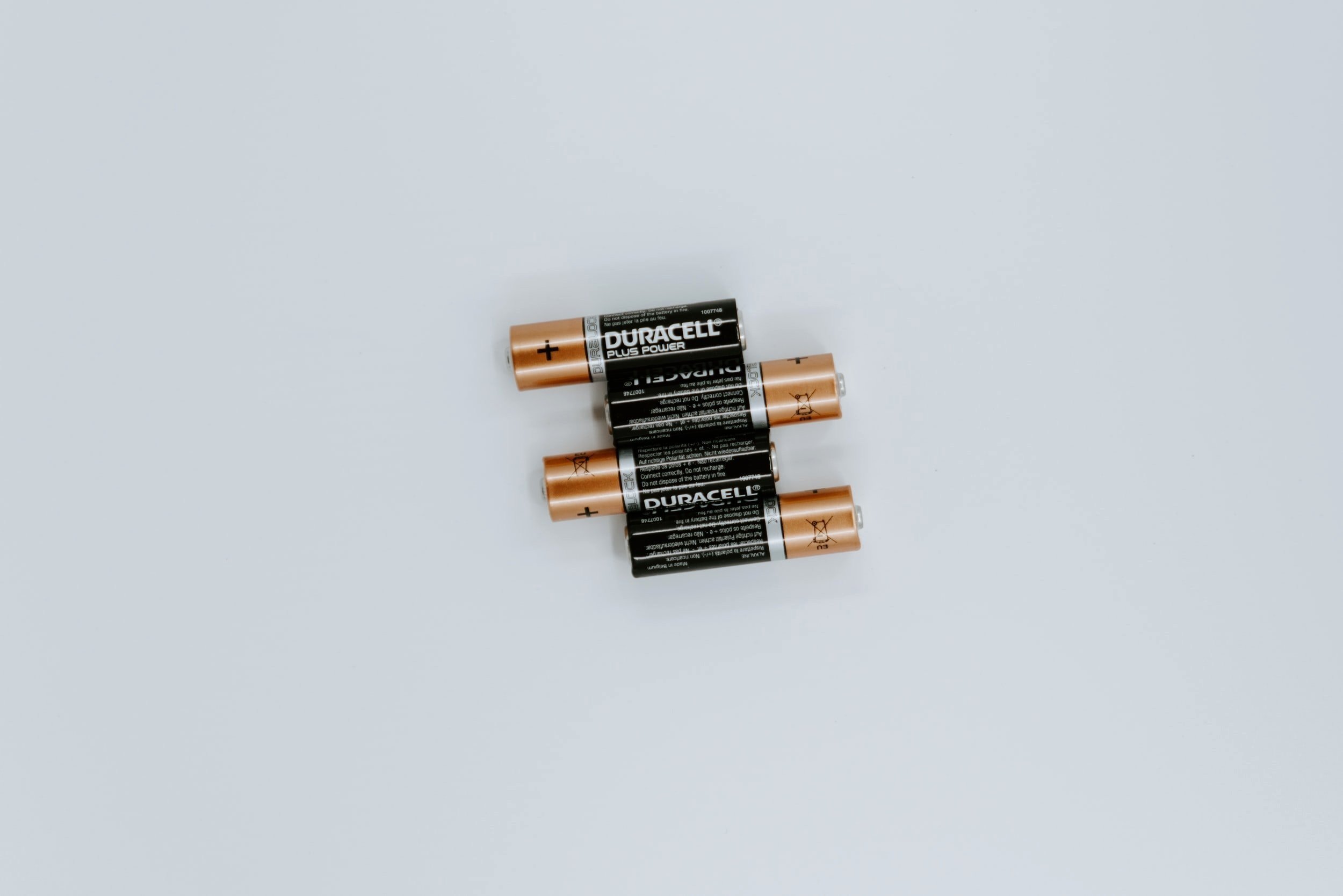
Extended Producer Responsibility (EPR)
for batteries in Germany
Table of contents:
What to do? Step-by-Step intoductions
The German Battery Act (BattG) transposes the EU Battery Directive into German law. Alongside packaging and electrical appliances, the principle of extended producer responsibility also applies to (the disposal of) batteries in Germany. The German law covers the placing on the market, take-back and environmentally compatible disposal of (rechargeable) batteries. The Act entered into force in 2009 and was amended in 2021. The law covers both non-rechargeable batteries, also termed ‘primary’ batteries, as well as rechargeable batteries, also termed ‘secondary’ batteries. No distinction is made between loose batteries and those installed in devices.
The law defines three separate types of batteries. Device batteries are batteries that are sealed and small enough to hold in the hand. Industrial batteries that are intended solely for use in industrial, commercial or agricultural applications. An industrial battery can also be used in an electric vehicle, such as an e-bike or a hybrid car, for example. Vehicle batteries are all batteries that are used for the starter, lighting or ignition in a motorised vehicle. According to the Act, distributors of all types of batteries must register with the German Clearing House (EAR) and commission a recycling company with disposal before placing the batteries on the market.
You need to do the following:
…if you place batteries on the German domestic market:
Register your batteries with the Stiftung EAR as a ‘producer’: Register here
For merchants not domiciled in Germany (optional): appoint an authorised representative
Commission an approved take-back system with the take-back of your batteries
Your EPR number: Once you have completed the EAR registration process, you will receive your registration number as proof of compliance. You must provide this to your marketplace as proof of EPR.

Who is responsible?
Businesses are considered to be producers of batteries if they first place (rechargeable) batteries on the market in Germany. A company who offers (rechargeable) batteries for sale that have already been properly registered by the manufacturer is legally defined as a merchant (distributor). Anyone who imports batteries or sells unregistered batteries is normally considered a producer and must therefore comply in full with their legal duties.
Producers of device batteries are required to operate a free nationwide take-back service for used batteries. To comply with this take-back duty, the producer must participate in a take-back system approved pursuant to section 7 of the Battery Act. The take-back system (recycling company) handles used battery recycling and helps to ensure the achievement of the legal battery take-back target. Take-back requirements for used batteries also apply to producers of industrial and vehicle batteries, who must operate a free and convenient take-back service, and recycle batteries according to section 14 of the Act.

When do I become responsible?
-
The Battery Act makes you responsible for registering all of the batteries you place on the market.
-
According to the BattG, distributors have a duty of care to ensure that the batteries they offer for sale have been properly registered by the manufacturer or supplier. If they cannot obtain proof, they must fulfil these legal obligations themselves. As a merchant, you must also run a take-back service for normal household quantities of batteries.
-
In the eyes of the law, companies who import batteries or devices containing batteries into Germany and place them on the domestic market are treated as producers. As an importer, you must therefore fulfil all of the obligations imposed on producers by the Battery Act.
-
Foreign resellers or manufacturers who sell batteries or accumulators directly from abroad to private or commercial end users in Germany are considered manufacturers.
